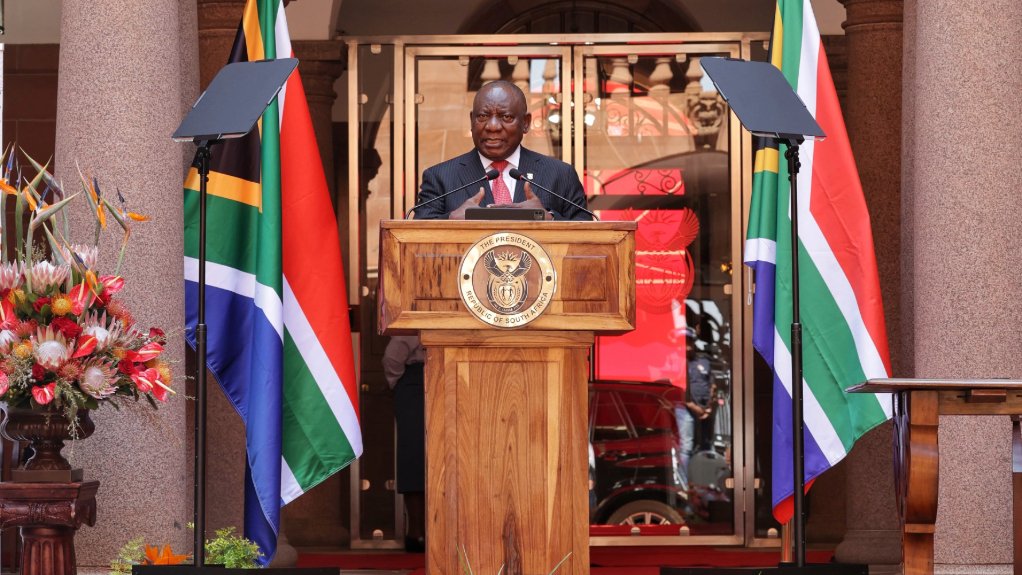President Cyril Ramaphosa noted on Monday that government has reaffirmed its commitment to working with all social partners in pursuit of inclusive growth that benefits all South Africans and leaves no one behind.
This week, South Africa will attend the annual meeting of the World Economic Forum in Davos, Switzerland, where Ramaphosa said it will be outlining the country’s priorities for its G20 Presidency.
South Africa assumed the G20 Presidency on December 1, 2024, and will hold it until November 30, 2025.
He said government would present its experiences of cooperation across society in South Africa and encourage greater emphasis on partnerships in international relations.
“…in particular, we will make a call for global companies to partner with governments, entrepreneurs and stakeholders in emerging markets to pursue sustainable and inclusive growth,” he said.
He highlighted that an important area of structured cooperation was the partnership between government and business to unlock impediments to inclusive growth.
“Though our respective roles and mandates may differ, we are aligned on the need to drive inclusive economic growth and job creation,” he explained.
He noted that government’s areas of cooperation had extended beyond immediate economic issues, observing that government had come together with civil society partners on a national strategy to end gender-based violence and femicide.
“…we have worked with various sectors through bodies like the South African National Aids Council and the Human Resource Development Council, using our collective resources and capabilities to promote development,” he added.
EFFECTIVE COORDINATION
Meanwhile, he pointed out that the country’s experience with the Covid-19 pandemic underlined how important collaboration was in saving lives and livelihoods.
He said it showed the value of effective coordination across the State and with other sectors of society.
He pointed to Operation Vulindlela, which he said was one of the areas where partnerships within the State had had the greatest impact.
“This initiative has brought together government departments and public institutions to undertake focused reforms in areas such as energy, logistics, telecommunications and water infrastructure,” he explained.
He also pointed to the President’s Coordinating Council, which brought together leaders from national, provincial and local governments to deal collectively with common challenges.
“In other areas, we have brought the different spheres of government together with other stakeholders. Last year, we established the Presidential eThekwini Working Group to support the metro in its efforts to restore business confidence and overcome service delivery challenges. Together, the working group has made progress on things such as water supply, tourism infrastructure and law enforcement,” he explained.
He noted the value of partnership witnessed in government’s response to the electricity crisis.
“The progress we have made in reducing the severity of loadshedding has been made possible by bringing together government departments, State-owned companies, business, labour and other social partners. The National Electricity Crisis Committee has played a crucial role in coordinating and focusing the efforts of these many different players,” he added.
He said the rail and port operations were beginning to stabilise and recover lost volumes owing to efforts to support Transnet’s operational recovery.
EMAIL THIS ARTICLE SAVE THIS ARTICLE ARTICLE ENQUIRY FEEDBACK
To subscribe email subscriptions@creamermedia.co.za or click here
To advertise email advertising@creamermedia.co.za or click here











